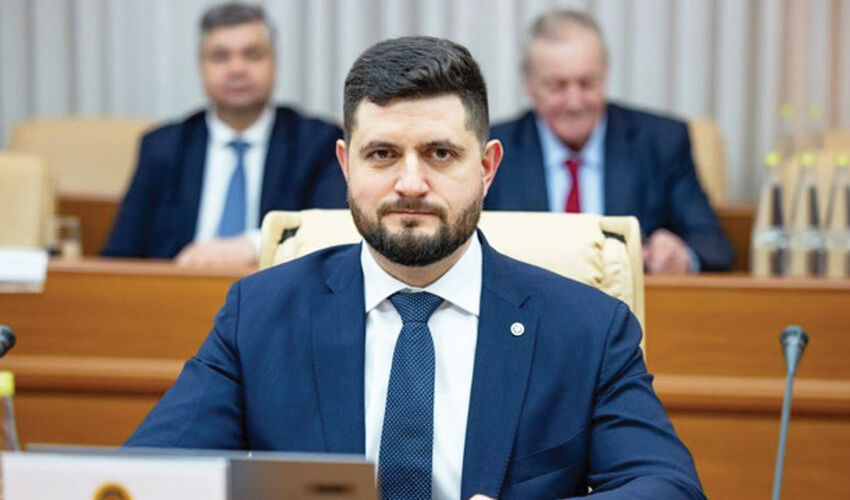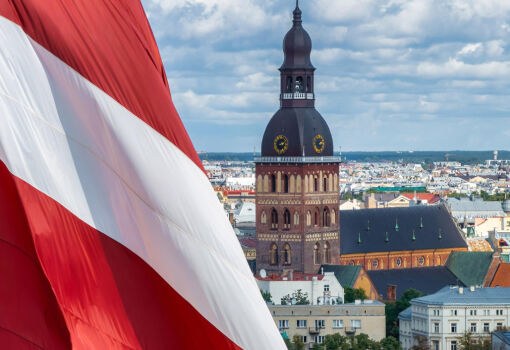
Dorin Jungietu
This was stated by Energy Minister Dorin Jungietu, speaking at the event “Energy cybersecurity – practical aspects”, held within the 2nd stage of public consultations on the draft Energy Strategy of Moldova until 2050.
According to the Ministry of Energy, the central topic of the discussions was Moldova’s digitalization and energy transition goals, as well as measures to strengthen cyber security of critical infrastructure. The seminar was attended by energy and digitalization experts, representatives of public authorities, academia, business and international partners.
Dorin Jungietu spoke about the strategic directions of the digital transformation, as well as the government’s efforts to ensure a secure, intelligent and sustainable energy transition. According to him, Moldova’s energy transition is no longer an idea, but a reality that we are experiencing. “Digitalization, automation and interconnectivity now define every link of our energy system, from power plants to people’s homes. Our goal is clear: to transform the energy sector into a smart, secure, transparent and interconnected sector capable of supporting economic growth and national security. But digitalization without security means vulnerability. Therefore, the digital resilience component becomes a central element of the Ministry’s entire policy,” emphasized Dorin Jungietu.
He confirmed that the Ministry of Energy considers cybersecurity as an integral part of energy security, creating a comprehensive policy framework in cooperation with the Information Technology and Cybersecurity Service (STISC) and the National Energy Regulatory Agency (ANRE).
State Secretary of the Energy Ministry Cristina Peretiaticu stressed the importance of cybersecurity in the context of the liberalization of the electricity market, noting that a specialized center for this purpose is being created within the electricity transmission operator Moldelectrica. She recalled that the energy sector enterprises have undergone cyber audits and the internal digital processes should be certified.
The national program of digital transformation of the energy sector is aimed at creating a smart and interoperable infrastructure that will integrate data from the electricity, gas and district heating networks into a single and transparent system. More than 500,000 smart meters will be connected to the national energy management platform, which will reduce technological losses and improve the quality of services for consumers.
Examples of innovation in this area include Energy Sandbox Moldova, the first energy technology testing mechanism in Central and Eastern Europe, and the first pilot project recommended to the government, Vehicle-to-Grid (V2G), which demonstrates the potential for integrating electric mobility, energy storage and digital security.
The Ministry of Energy is also investing in training through partnerships with the Technical University of Moldova, UNDP, Premier Energy and other industry players. In collaboration with academia and the private sector, there are plans to launch a cyber incident simulation laboratory and continuing education programs in cyber energy management.
The event “Energy Cyber Security – Practical Aspects” was organized by the European Business Association in Moldova (EBA Moldova) with the participation of companies from Romania, which shared their experience and knowledge in cyber security applied in the energy sector. The discussions focused on practical solutions for capacity building of Moldovan companies and regional trends in this field in the context of the public consultation process on the country’s Energy Strategy 2050.

